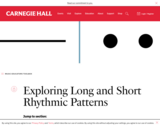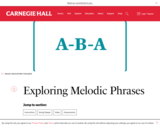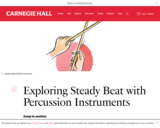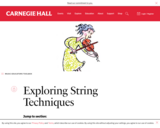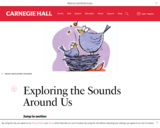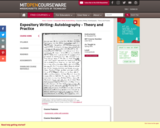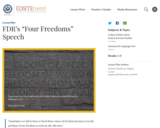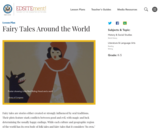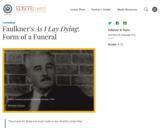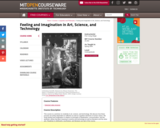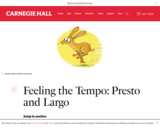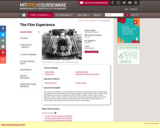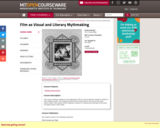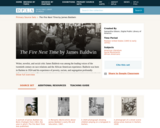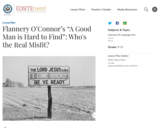Folger Digital Texts offer meticulously edited, accurate texts in a beautifully readable format with the added power of in-depth, behind-the-scenes coding. The texts—including full source code—can also be downloaded at no charge for noncommercial use. Students, theatergoers, scholars, and others can view any Folger Digital Text in a clean, elegant display. The built-in reader has extensive search options, including the ability to search multiple texts for a phrase or word. The full source code of the texts may be downloaded by researchers and developers at no cost for noncommercial use—a major time-saver for scholarly research, app development, and other projects.
Plays included in the collection are: All's Well that Ends Well, Antony and Cleopatra, As You Like It, The Comedy of Errors, Coriolanus, Cymbeline, Hamlet, Henry IV Part 1, Henry IV Part 2, Henry V, Henry VI Part 1
Henry VI Part 2, Henry VI Part 3, Henry VIII, Julius Caesar, King John, King Lear, Love's Labor's Lost, Macbeth, Measure for Measure, The Merchant of Venice, The Merry Wives of Windsor, A Midsummer Night's Dream, Much Ado About Nothing, Othello, Pericles, Romeo and Juliet, The Taming of the Shrew, The Tempest, Timon of Athens, Titus Andronicus, Troilus and Cressida, Twlefth Night, Two Gentlemen of Verona, Two Noble Kinsmen and The Winter's Tale.
Poems include: Shakespeare's Sonnets, Lucrece, The Phoenix and Turtle, and Venus and Adonis.
Shakespeare's plays in Folger Digital Texts are from the Folger Shakespeare Library editions, edited by Barbara Mowat and Paul Werstine and published by Simon and Schuster. The Folger editions, available in print and as ebooks, include a wealth of additional notes, glosses, essays, and illustrations.
